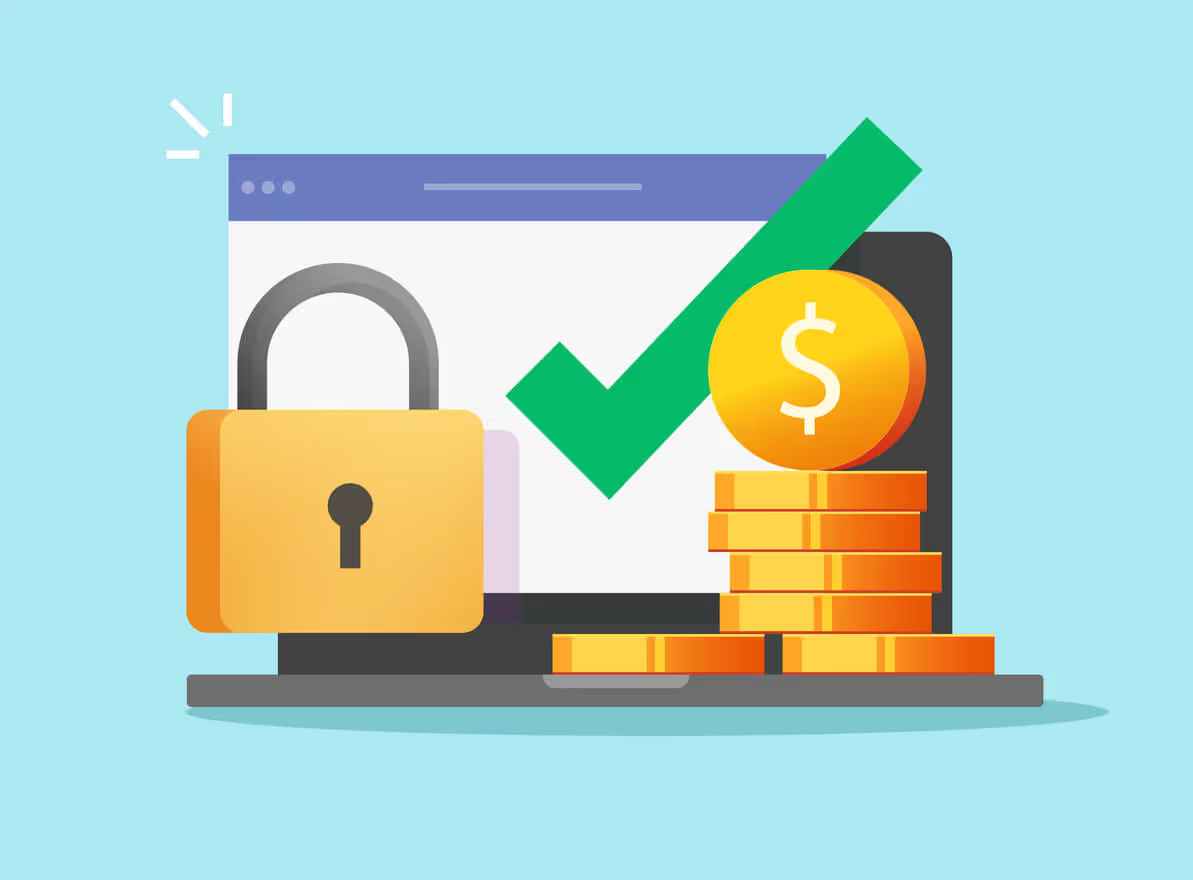How Successful Companies Stay Ahead of Emerging Fraud Risks
How Successful Companies Stay Ahead of Emerging Fraud Risks
Here's how to prevent emerging fraud risks, including cybercrime and lingering COVID-19 fraud schemes.
2021 has been a challenging year for many companies. COVID-19 opened the doors for new types of fraud and increases in existing schemes. Cybercriminals have also become more sophisticated, taking advantage of pandemic confusion and new technologies to attack organizations. As the world slowly returns to "normal," it's important to stay vigilant to protect your company's assets. Boost your efforts to prevent emerging fraud risks with these helpful tips.
Prevent fraud before it happens to avoid reputation damage and costly legal fees
Fraud prevention doesn't just protect your company financially. An open, honest and ethical workplace also promotes emotional and financial wellness for employees at every level. Download this free fraud prevention cheat sheet and use it as a guide to prevent workplace fraud. Get the Cheat Sheet
Government Program Risks
If your company experienced financial hardship due to the COVID-19 pandemic, you're probably eligible for some type of government relief. Applying for these programs can be confusing and time-consuming, so you might want to outsource the job, especially if you're understaffed. However, beware of fraudulent "helpers." "Fraudsters claiming to be experts already are misappropriating funds and stealing confidential information supplied to complete the application," says forensic accounting expert Corey Anne Bloom. "Check the credentials of any "expert" with the appropriate professional association or work with a trusted advisor before completing an application." RELATED: 3 Emerging Fraud Trends for 2021
Remote Work Risks
While many workplaces have welcomed their employees back to the office, others are holding off or have shifted to remote work permanently. Remote work comes with two main types of fraud risks: employee fraud and cyber attacks. Without the structure and close quarters of the office, employees have more opportunity to commit time theft, steal company data or make fraudulent insurance or worker's compensation claims. Moving your operations to the potentially unsecured connections of employees' homes also opens your data up to cybercriminals. To better protect your trade secrets, customer information and other sensitive data, take these steps:
- Require multi-factor authentication (MFA) for access to your company's files, websites and programs
- Install firewalls and other cybersecurity features
- Train employees on cybersecurity threats they might face, such as email phishing schemes
- Test employees on the training with fake phishing emails sent from your IT department
- Limit employees' access to sensitive data
- Require administrative authorization to install programs
RELATED: Here's What the World's Most Ethical Companies are Doing to Combat Fraud
Procurement Risks
Supply chains for just about every type of product are still disrupted due to COVID-19. As a result, companies often have to scramble to find new vendors to keep their operations afloat. In this chaos, procurement fraud thrives. Dishonest vendors could swoop in to save the day, but offer low-quality or even nonexistent goods for the price. Their company might also be fictitious, so make sure to extensively research every new vendor before entering into a relationship with them. Similarly, make sure new vendors don't pose a conflict of interest with any of your employees.Employees might work together with a real or fictitious vendor to get a cut of the profits or just to help out a family member. This sets your organization up for fraud, corruption and subpar products, so do extra due diligence as you make changes to your vendor list.
Business Size Risks
The past year and a half have been tough on businesses of all sizes. But small and medium-sized businesses have struggled the most and, with those struggles, opened themselves up to fraud. Bloom explains, "SMEs are expected to have trouble getting out of the crisis because of their size and often more limited resources. They can expect fraudsters to take advantage of the confusion and distraction which will surround their efforts to regain stability." In other words, small businesses are at a higher risk of all types of fraud, from cyber attacks to employee fraud, because they have more pressing issues to handle than fraud detection. So how can you protect yourself if you're a SME? Try these fraud prevention measures:
- Conduct background checks and call references for all employees so you know you're hiring honest people
- Educate yourself and your employees about common cybersecurity risks and how to avoid them
- Separate duties involving money (e.g. accounts payable and receivable)
- Assess new vendors and analyze your existing vendor list a few times per year
If employees don't have guidance when facing difficult ethical decisions or see their managers behaving in questionable ways, they're more likely to commit fraud. Download this free checklist to start creating a workplace where employees act ethically and, in turn, avoid fraudulent behavior.










